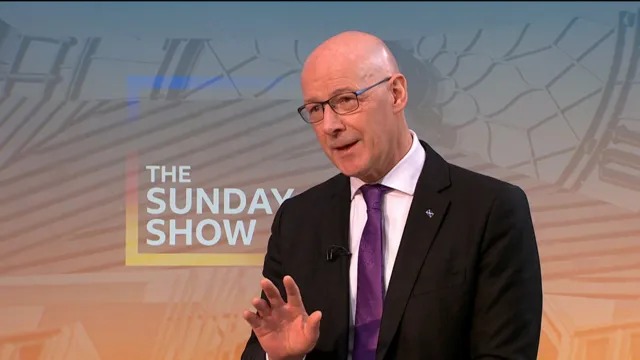
Online Safety UK Act Faces Criticism
The Online Safety UK Act has become a focal point for debates over internet regulation and user protection. While the law aims to hold tech companies accountable for harmful content, critics argue that it falls short in addressing the growing threats posed by online platforms. Ministers and campaigners, including Ian Russell, have voiced concerns, calling for stronger measures to safeguard users.
Challenges with Online Safety UK Act
One of the primary criticisms of the Act is its removal of the “legal but harmful” content clause for adult users. Originally intended to compel social media platforms to remove harmful content, this provision was scrapped due to fears of censorship. However, the change has left a regulatory gap that some believe compromises user safety.
Campaigners argue that while the Act protects children from harmful content, it fails to provide adequate safeguards for adult users. Ian Russell, the father of Molly Russell, a teenager who tragically took her own life after exposure to harmful online material, has been a vocal critic, urging the government to impose a “duty of care” on tech firms.
Ministerial Frustrations
Technology Secretary Peter Kyle has labeled the current legislation “unsatisfactory” and “uneven.” He has acknowledged the law’s strengths in child protection but emphasized the need for broader reforms to address emerging challenges in online safety.
The Need for Evolving Internet Safety Laws
As online platforms evolve, so do the risks associated with them. Critics argue that the government must act swiftly to adapt laws to changing digital landscapes. While there are no current plans to repeal the Online Safety UK Act, ministers remain open to future updates to close regulatory gaps.
For a deeper dive into this issue, visit BBC’s detailed coverage. To learn more about personal online safety, check out Kenkou Land.



